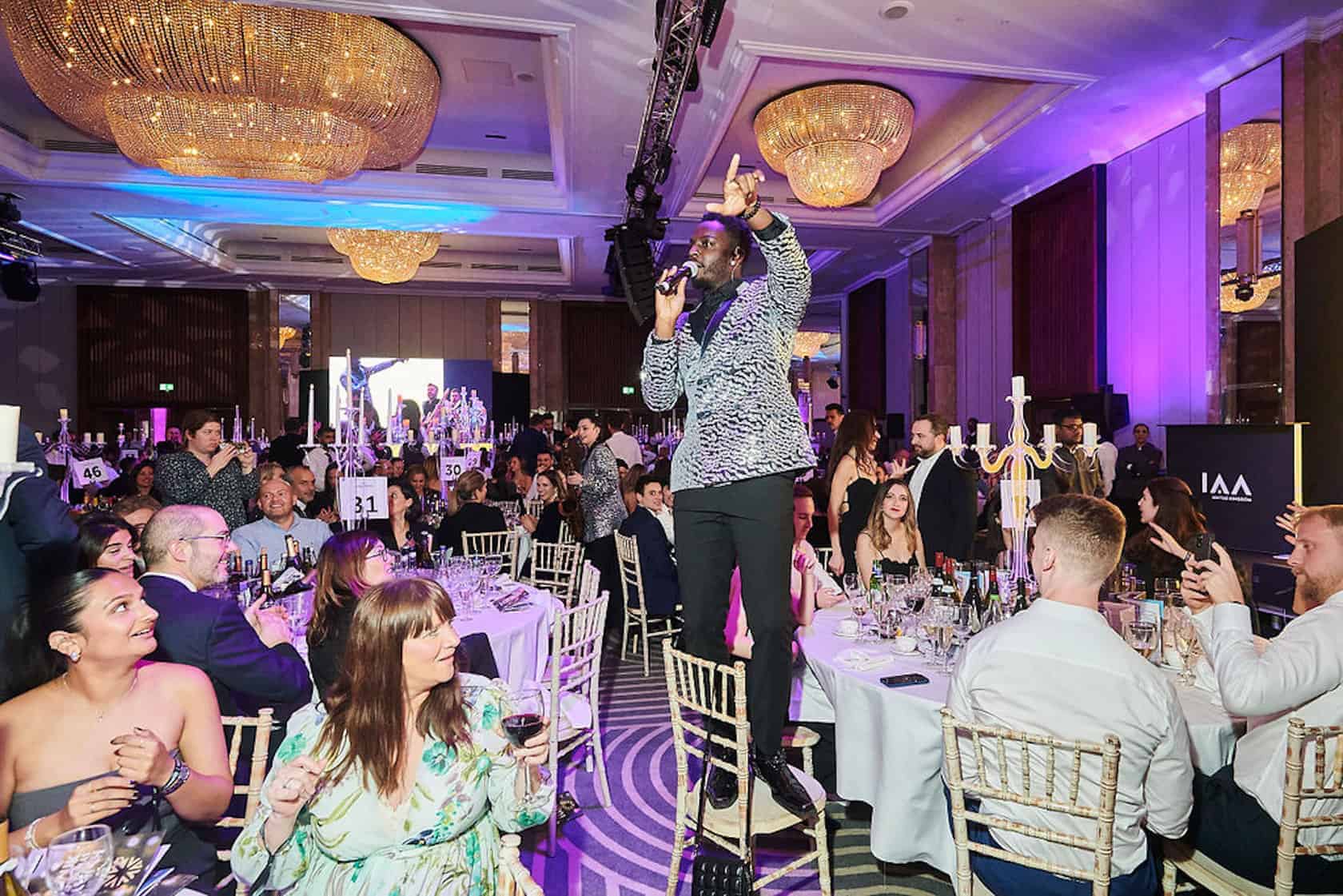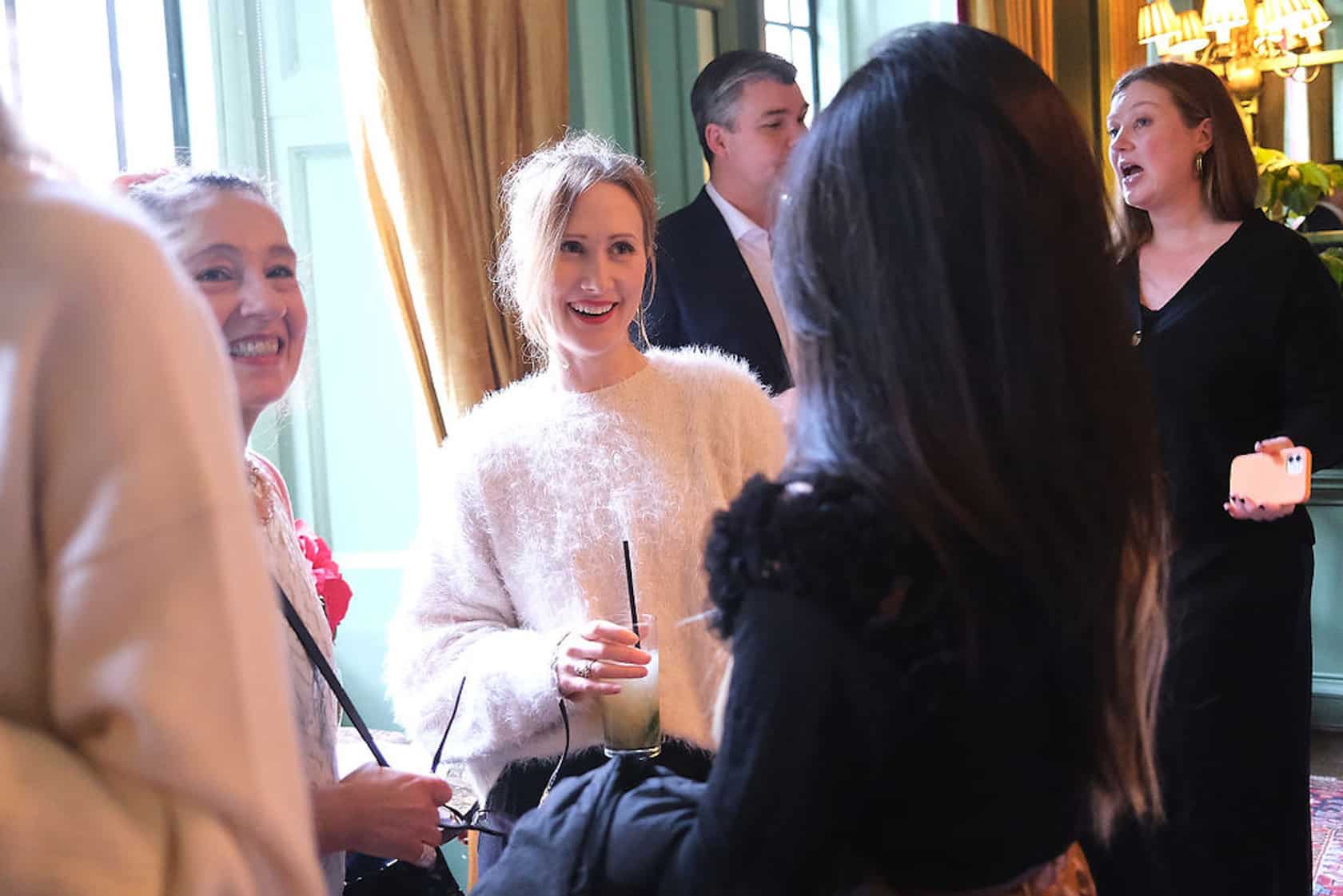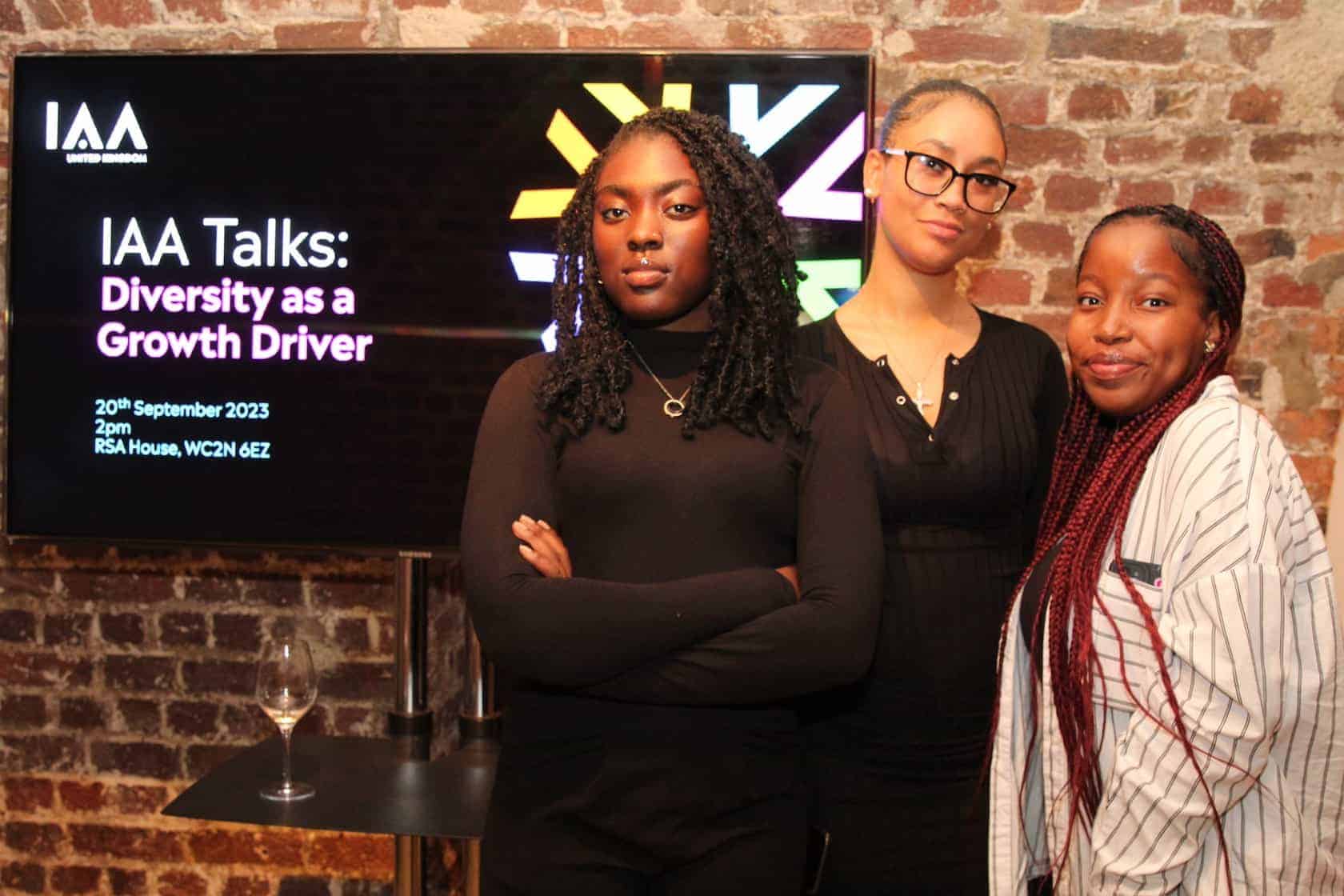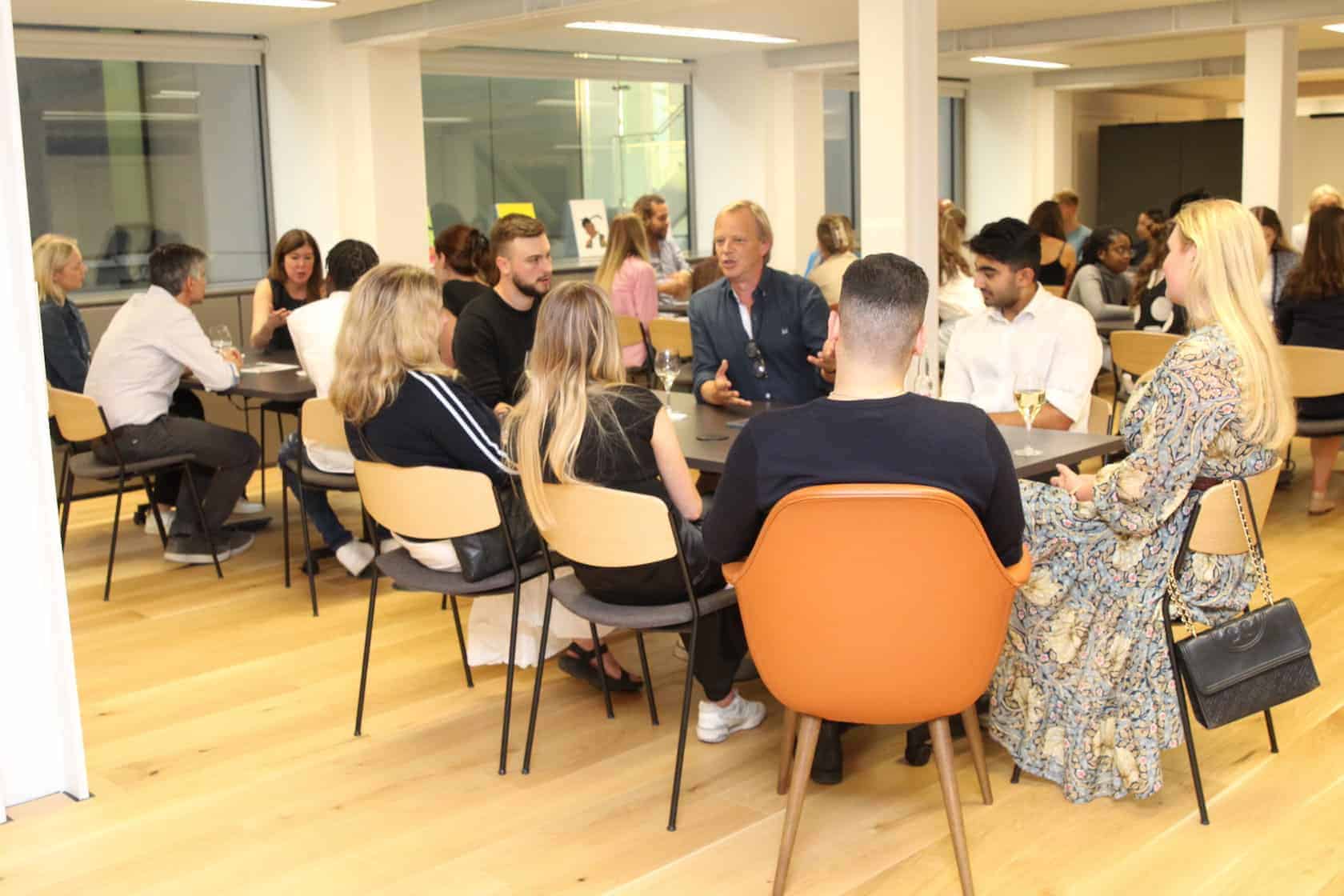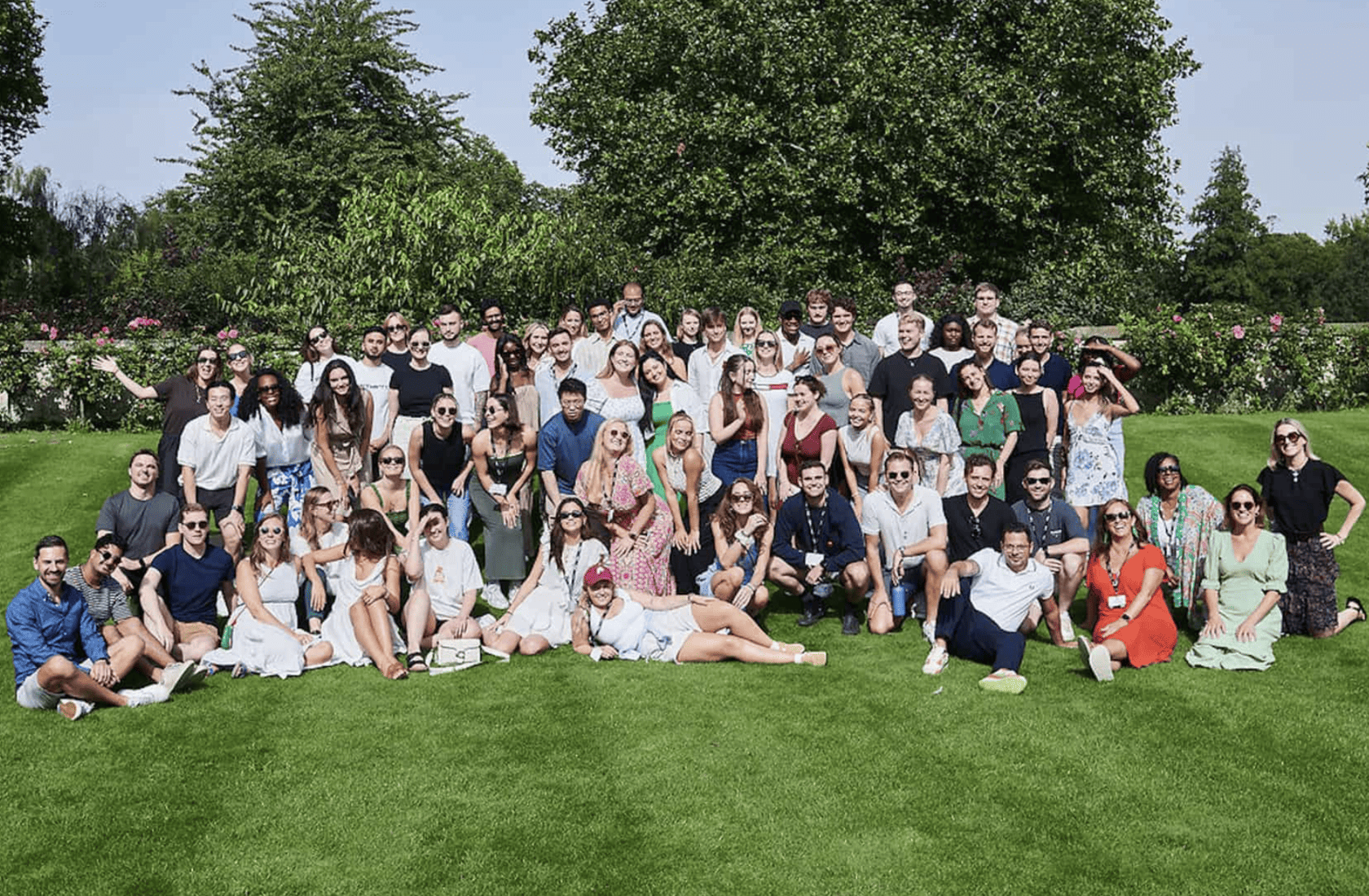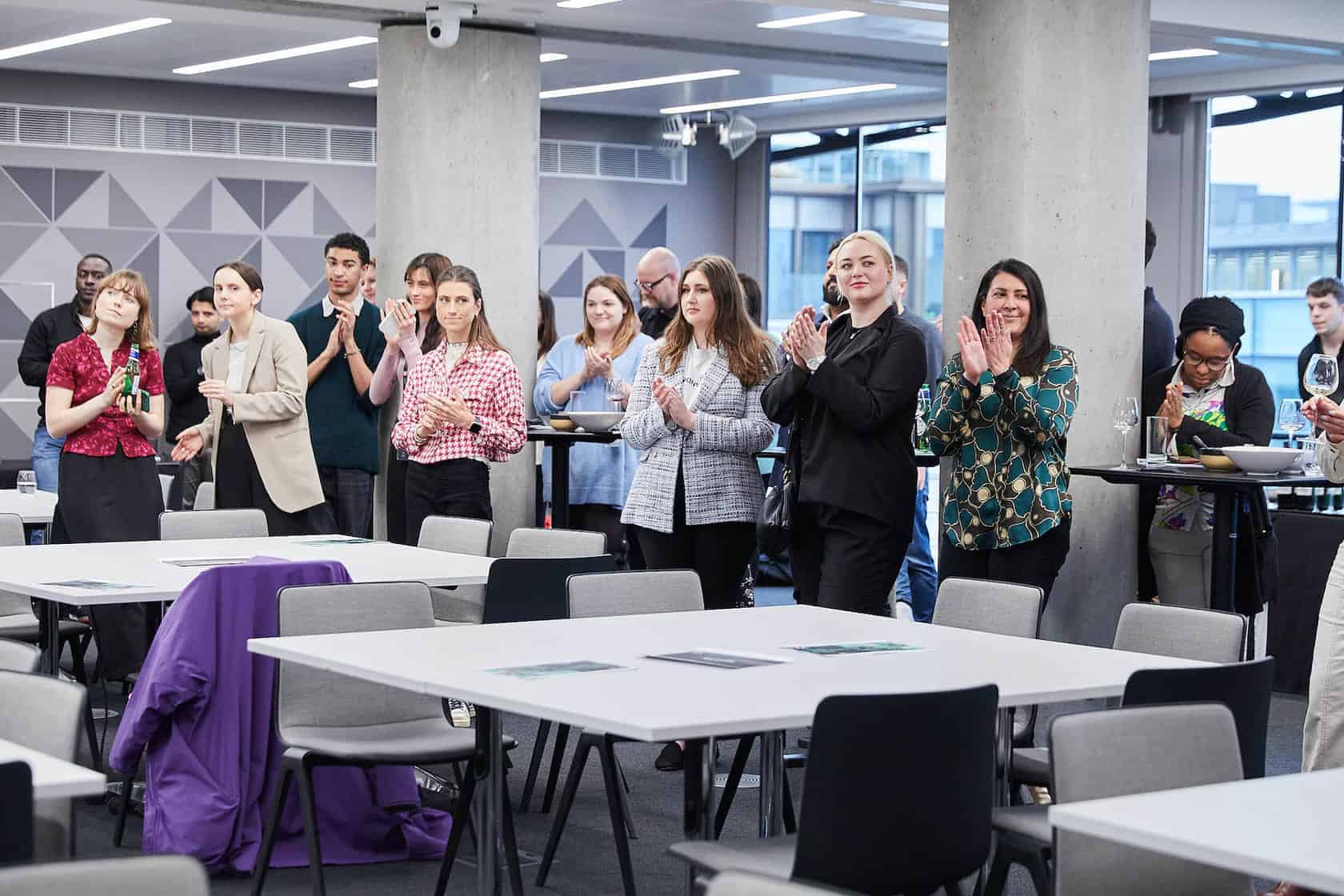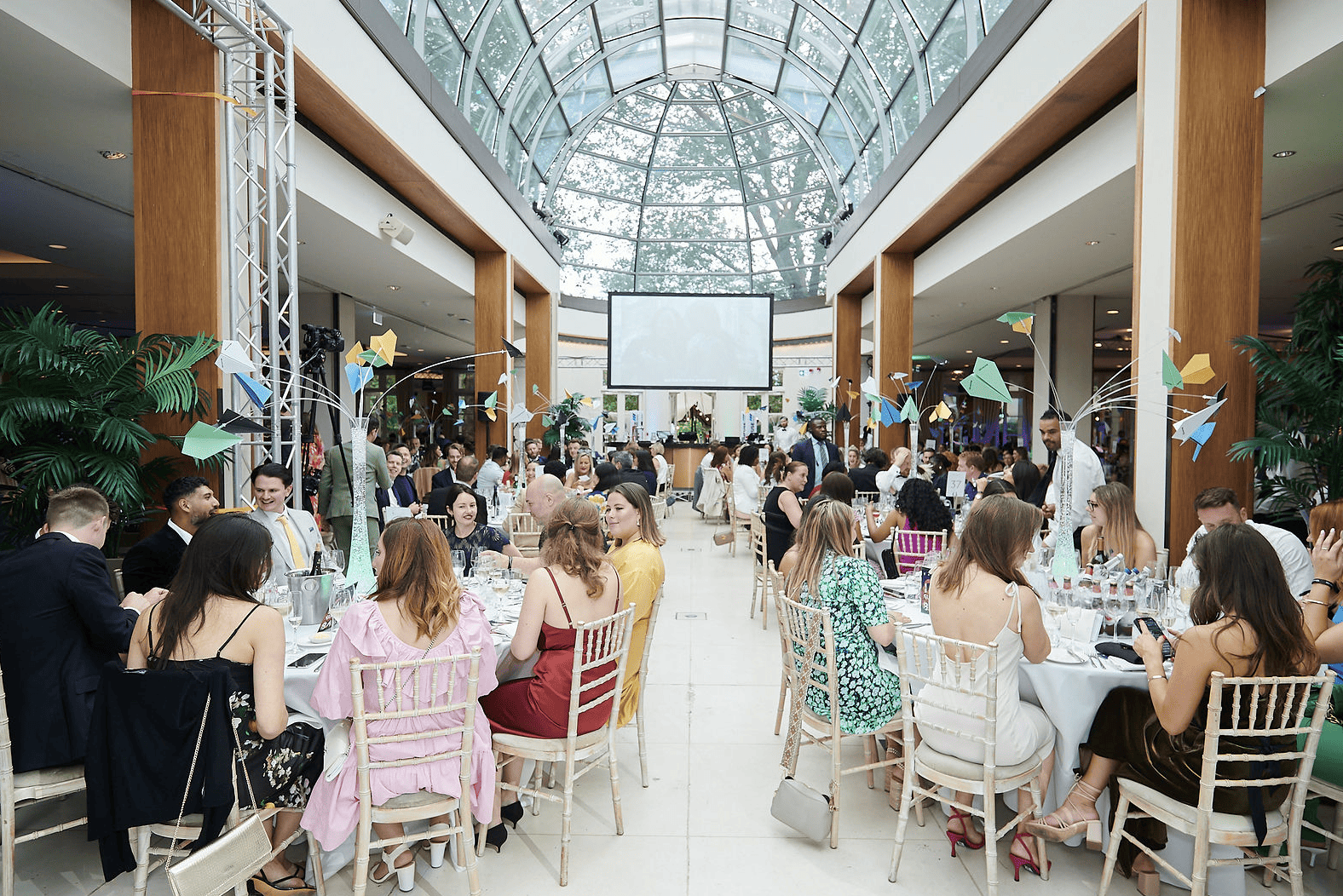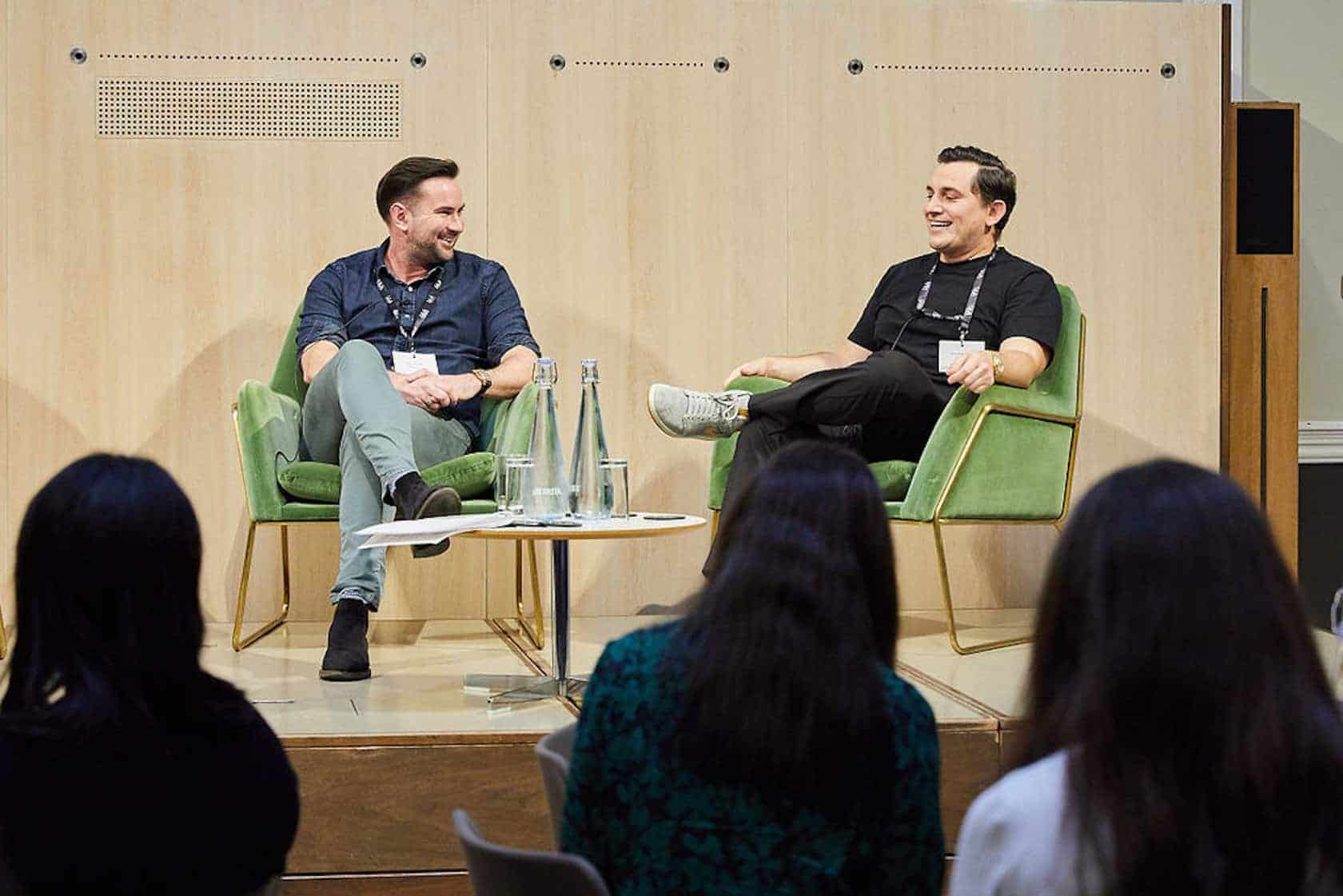Cannes Lions 2019 Insights

Date/Time:
Date(s) - July 3, 2019
12:00 am
“All Brands will have to have a purpose” declared Unilever CEO, Alan Jope, at this year’s Cannes Lions, adding that all of Unilever’s brands will have to have a social or sustainability purpose…or eventually be divested.
And browsing through some of the major winners at Cannes, purpose was clearly on the minds of the judges in the South of France this year. “The Truth Is Worth It” campaign, by Droga5, for the New York Times won the coveted Film Grand Prix, extolling the importance of journalism in an era of fake news.
Equally Nike’s “Dream Crazy” created by Weiden and Kennedy featured Colin Kaepernick, the former American football quarterback known for his political activism regarding systematic racism against African-Americans by kneeling in protest during the National Anthem, with the tagline, “Believe in something. Even if it means sacrificing everything.”
And the Cannes Glass Lion Grand Prix winner, “The Last Ever Issue,” was created for Gazeta.pl, Mastercard and BNP Paribas and produced by VMLY&R Poland for its success in closing down Poland’s longest-running erotic magazine, Twój Weekend, to coincide with International Women’s Day. Instead publishing a final issue of 48 sexism-free pages.
But Jope also warned about ‘woke-washing’ – when companies cynically prey on customers’ social awareness – and that lack of authenticity was mirrored by Michael Scantlebury, Founder of Impero, a creative agency, aboard a super yacht at Bloomberg’s ‘A New Guard, How to Connect’ panel saying “not every brand needs to save the world” and that it’s important to “make news, not content.”
For example, Wendy’s “Keeping Fortnite Fresh”, campaign, also created by VMLY&R, narrowly beat Nike’s ‘Dream Crazy’ work for the Social & Influencer Grand Prix by creating an in-game demonstration of the evils of frozen beef, with a Wendy’s branded red-hooded character showing up in the game and entering burger joints inside the game’s and destroying freezers. Wendy’s, after all, never uses frozen beef!
Rivals Burger King’s audacious, verging on arrogant, campaign “Whopper Detour” (FCB New York) gained much media attention and won the Direct Grand Prix for directing customers to the nearest MacDonald’s to download a voucher for a Burger King sandwich for a penny, using location-tracking technology.
Overall US came out on top at Cannes once more, but the UK also increased it’s second position, in a depleted annual awards cache.
Their #CreativityIsGREAT banner, based on the GREAT campaign from the UK Department of International Trade could be seen in and around the Palais with a number of events showcasing the UK and their strengths in creativity, trust and equality. Probably the most eye-catching and appropriately satirical activation at Cannes saw delegates having their picture taken under a Union Jack umbrella in the rain, right outside the sun-kissed Palais.
But of course, with the ‘B’-word hanging in the air, the Brits had to make a statement. Speaking to Richard Brooke, Global Media Operations Director at Unilever at the Clear Channel welcome party, he insisted that Dutch agencies were aggressively targeting UK ad business, a sentiment mirrored at the Advertising Association’s debate, in conjunction with the IAA UK Chapter and the Debating Group, on the LBB beach on Tuesday morning, where Sarah Taylor from Future Factor gave a compelling argument on creativity and the opportunities other, in particular European countries, will have in a post-Brexit ad world.
Indeed trust was another core theme that came out of Cannes this year with Unilever’s Jope declaring ‘Marketing has a titanic trust problem’. From fake (or deep-fake) news to the use of data to sexual harassment within the industry, the word was a consistent theme at this year’s much more serious and thought-provoking festival.
Stephan Loerke from the World Federation of Advertisers described how some of the world’s biggest advertisers and agency groups together with Google, Facebook and other media owners had recently launched an “unprecedented” alliance to improve the digital media environment. The Global Alliance for Responsible Media sought to use their collective power “to improve the health of the media ecosystem” and “to identify specific collaborative actions, processes and protocols for protecting consumers and brands from safety issues” in the wake of a series of scandals online in the past year.
The alliance would be “working towards a media environment where hate speech, bullying and disinformation is challenged, where personal data is protected, and used responsibly when given, and where everyone, especially children, are better protected from harm.”
On the data side Fiona Field, MD at Mediaworks mentioned on an Advertising Association panel, that “just because you can do it, doesn’t mean you should” a nod to the use of data and privacy: a sentiment echoed across the croisette in the countless out-of-Palais content sessions.
At the ‘Rebuilding Trust in Advertising’ event convened by the AA, IPA, ISBA on Wednesday at the Ocean Outdoor pavilion, they listed a series of challenging goals: to reduce advertising bombardment, excessive ad frequency and re-targeting, to ensure data privacy and adding that advertising can and should drive social change!
And the 2019 Edelman ‘Trust Barometer Special Report’ backed this up, giving evidence that consumers are more and more taking a brand’s social mission and purpose into account when making purchase decisions.
But perhaps the most disturbing lack of trust came at a ‘timeTo’ event, which, building on the global #MeToo movement, discussed where to ‘draw the line’ in professional relationships to avoid sexual harassment, still prevalent though not often discussed in our industry. Co-sponsored by the Ad Association, NABS and WACL and supported by ISBA and the IPA, its objective is to completely eradicate sexual harassment from our industry and for advertising to lead by example to other industries. It was particularly important to talk about such an important subject at Cannes Lions since, “events, travel and alcohol are the perfect storm” for inappropriate behaviour as Katie Lee, CEO of Lucky General (the agency behind the chilling ad campaign), reminded us.
So overall, in-between the cocktail parties, super yachts and pop star appearances – sometimes all at the same time – there were lots of important topics discussed…but one was quite obviously missing: the environment.
There were only a handful of winners in the Palais and little talk along the croisette, apart of the excitement of where the Extinction Rebellion would appear (at the Palais and Facebook beach in the end, but which were quickly suppressed). As Joe Mayes, Brexit & Media Reporter at Bloomberg, suggested at the World Media Group Cannes Wrap event shortly after Cannes at Wavemaker, “How can the ad world be taken seriously in environmental issues when the very basis of advertising is to sell things, which is inherently unsustainable”.
Hopefully the purpose of next year’s Cannes Lions will finally celebrate more work where our industry has used its influence to bring attention to the environmental challenges we face, showcasing solutions and changing the ‘climate’ of this fabulous week in the sun next year…

